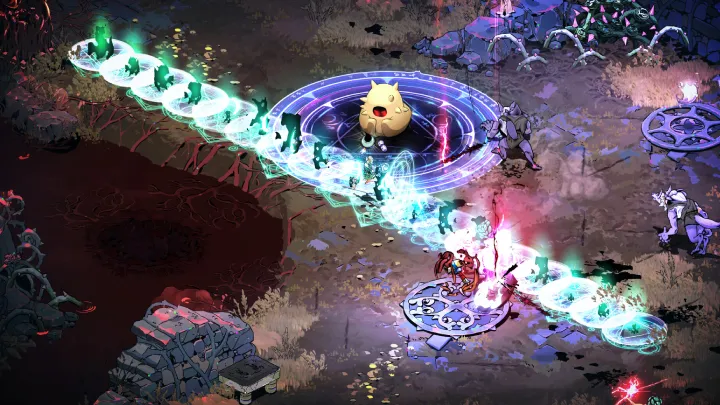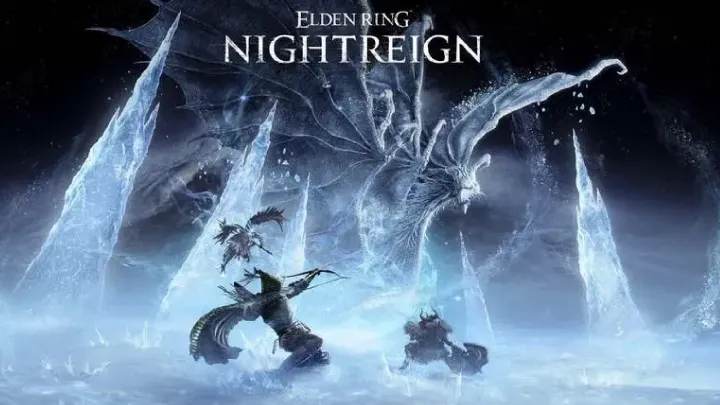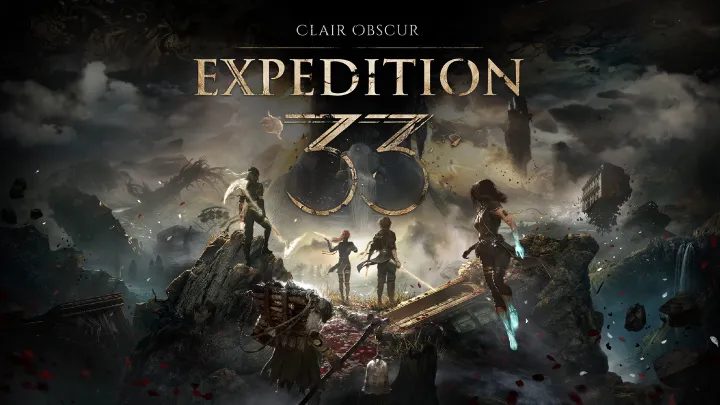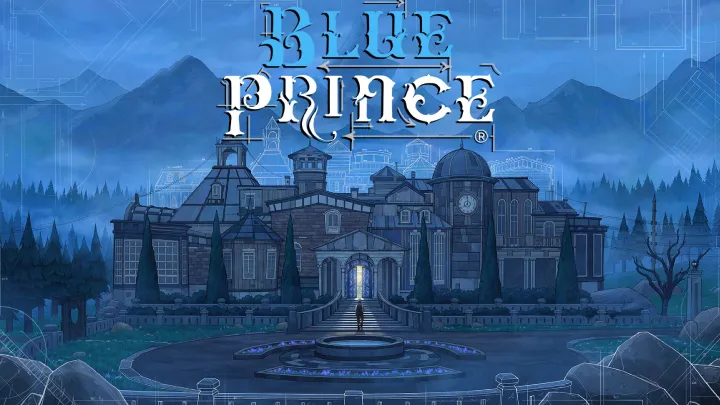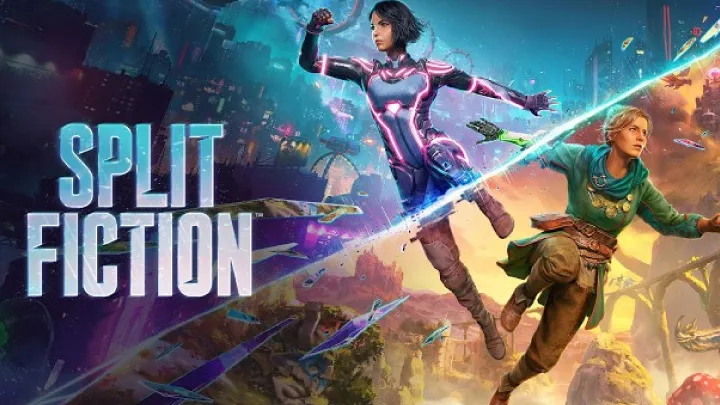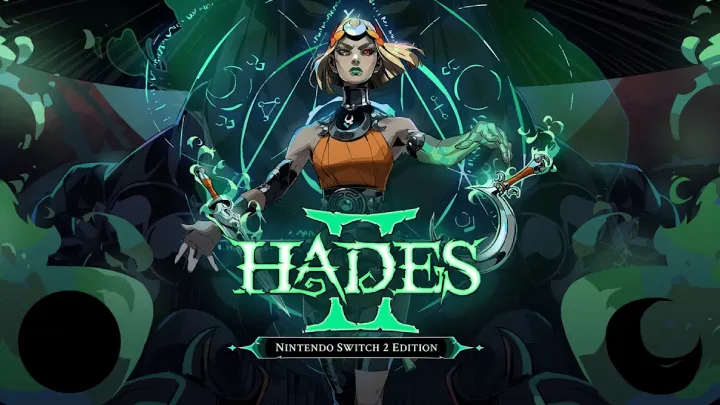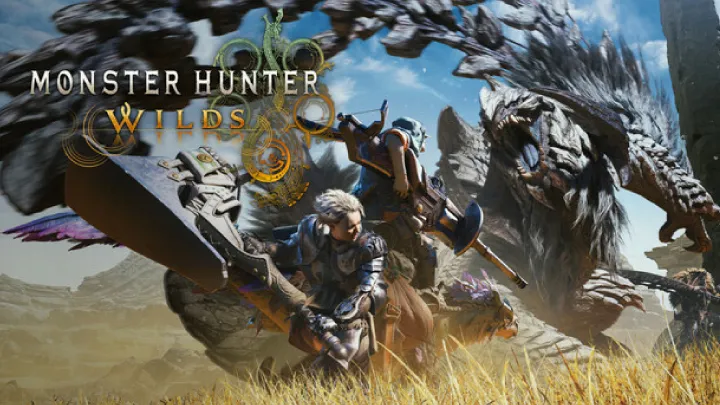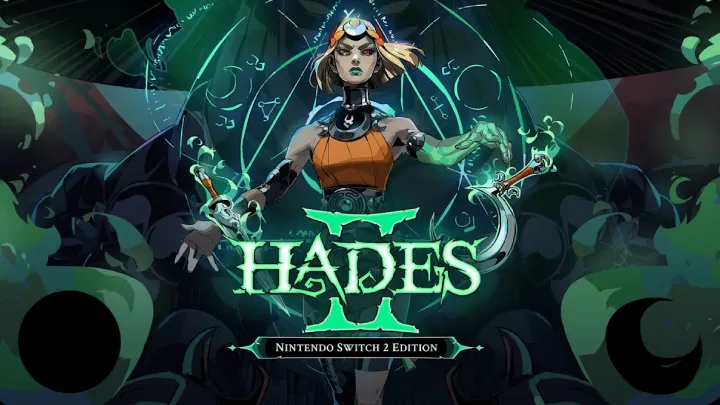 Introduction
Introduction
Hades II, the highly anticipated sequel to the acclaimed Hades, brings players back to the mythological underworld, this time through the eyes of Melinoë, the sister of Zagreus. This sequel expands on its predecessor's foundation, offering new characters and intricate storylines. However, one of the most compelling aspects of Hades II is its handling of player choices. Unlike many games that offer clear outcomes based on decisions, Hades II presents a nuanced system where choices are layered and complex, often leading players to grapple with moral ambiguity. This article delves into the intricacies of player choices in Hades II, examining how these decisions affect character development, narrative arcs, and overall gameplay experience.
The Narrative Foundation of Hades II
The narrative of Hades II is deeply rooted in Greek mythology, much like its predecessor. Players step into the shoes of Melinoë, who embarks on her own journey through the underworld, encountering familiar faces and new challenges along the way.
Mythological Influences
Greek mythology serves as a rich backdrop for Hades II, providing depth and context for character motivations and conflicts. Each character—whether a god, hero, or mythological creature—has a distinct role that reflects their mythological origins. For example, Melinoë’s ties to the underworld are not only pivotal to her character but also shape her interactions with figures like Hades and Persephone.
Character Arcs and Growth
As players progress through the game, they witness the evolution of Melinoë and other characters. Their arcs are intricately tied to player decisions, meaning that the choices players make can lead to vastly different character developments and story outcomes.
The Mechanics of Choice in Hades II
Hades II introduces a complex decision-making mechanic that significantly influences the gameplay experience. Players are often confronted with choices that can alter character dynamics, unlock new paths, or reshape the game's ending.
Types of Choices
Choices in Hades II can generally be categorized into three types:
- Character Interactions: These choices affect relationships with gods, spirits, and other characters. Players can choose responses that either strengthen or weaken these bonds.
- Quest Decisions: Certain decisions impact the outcomes of quests, which can lead to different rewards or narrative branches.
- Moral Dilemmas: Players often face ethical questions, such as deciding whether to sacrifice one character for the greater good.
Player Agency and Immersion
Player agency is a core theme in Hades II. The game empowers players to shape the narrative through their choices, fostering a sense of ownership over the story. This agency enhances immersion, allowing players to feel more connected to the characters and their fates.
The Complexity of Character Relationships
The relationships between characters in Hades II are dynamic and evolve based on player choices. This complexity adds depth to the narrative, allowing players to form varying connections with different characters.
Building and Breaking Bonds
As Melinoë interacts with various characters, players can choose dialogue options that either strengthen their relationships or lead to estrangement. For example, choosing to support a character during a moment of vulnerability can deepen that bond, unlocking new storylines and abilities.
Consequences of Choices
However, not all choices lead to positive outcomes. Players may inadvertently alienate characters, resulting in missed opportunities for quests or unique rewards. This unpredictability in character dynamics mirrors real-life relationships, adding a layer of realism to the game.
Themes of Sacrifice and Loyalty
Throughout Hades II, themes of sacrifice and loyalty are prevalent, particularly in how they relate to narrative choices. Players often find themselves weighing their loyalty to certain characters against their own goals, leading to difficult decisions.
Sacrificing for the Greater Good
Certain quests require players to make sacrifices, such as choosing to save one character at the expense of another. These moments force players to confront their values and the nature of loyalty, creating moral dilemmas that resonate deeply.
The Ripple Effect of Decisions
The consequences of these choices can ripple through the narrative, affecting not only Melinoë's journey but also the fates of other characters. This interconnectedness enhances the emotional weight of decisions, reinforcing the idea that every choice matters.
Feedback and Reflection Mechanisms
Hades II incorporates various feedback systems that allow players to reflect on their choices and their impact on the narrative. This feature encourages players to think critically about their decisions and consider alternative paths.
In-Game Reflections
Throughout the game, characters may provide commentary on the player's choices, offering insights into how those decisions affect their relationships and the overall story. This feedback loop helps players understand the consequences of their actions and fosters a deeper connection to the narrative.
The Importance of Reflection
Reflection is a crucial part of the player experience in Hades II. It prompts players to reconsider their motivations and the potential outcomes of their choices, allowing them to engage more thoughtfully with the narrative.
The Challenge of Multiple Endings
Hades II features multiple endings, each influenced by the choices players make throughout the game. This design encourages replayability, as players may wish to explore different character arcs and outcomes.
Navigating Decision Trees
To reach various endings, players must navigate complex decision trees and build specific relationships with characters. This requires not only strategic thinking but also an emotional investment in the story and its characters.
The Satisfaction of Discovery
Discovering alternate endings can be immensely satisfying for players, as it validates their exploration of the narrative. Each ending offers a different perspective on Melinoë's journey, enriching the overall experience and encouraging players to engage with the game multiple times.
Community Reactions and Interpretations
The narrative choices in Hades II have sparked extensive discussions within the gaming community. Players and critics alike have shared their thoughts on the depth and complexity of the storytelling, with opinions varying widely.
Positive Feedback
Many players appreciate the nuanced approach to choices, citing the emotional impact of difficult decisions and the depth of character relationships. The ability to shape the narrative has resonated strongly with those who enjoy interactive storytelling.
Critiques and Concerns
Conversely, some players feel overwhelmed by the multitude of choices and the potential for unintended consequences. There are concerns that the complexity may deter casual players who prefer more straightforward narratives.
The Future of Narrative Choices in Gaming
The innovative approach to narrative choices in Hades II may influence future game design, particularly in how developers craft interactive stories. As players increasingly seek deeper, more meaningful narratives, the success of Hades II could pave the way for similar mechanics in other titles.
Expanding Interactive Storytelling
Hades II demonstrates the potential for interactive storytelling to create emotionally resonant experiences. Developers may draw inspiration from its mechanics, incorporating similar systems that allow players to engage with characters and narratives in meaningful ways.
Balancing Complexity and Accessibility
The challenge for future games will be to balance complexity with accessibility. Developers must consider how to offer rich, nuanced narratives while ensuring that players can easily navigate their choices and understand their implications.
Conclusion
Hades II stands as a testament to the power of narrative choices in video games. Its intricate storytelling, dynamic character relationships, and moral dilemmas create a unique player experience that invites deep emotional investment. As players navigate Melinoë's journey, they are challenged to confront their values and the consequences of their decisions. The complexities of narrative choices in Hades II not only enhance the game's richness but also set a new standard for interactive storytelling in gaming. As the industry evolves, the lessons learned from Hades II may inspire future titles to explore the depths of choice and consequence in even more innovative ways.
